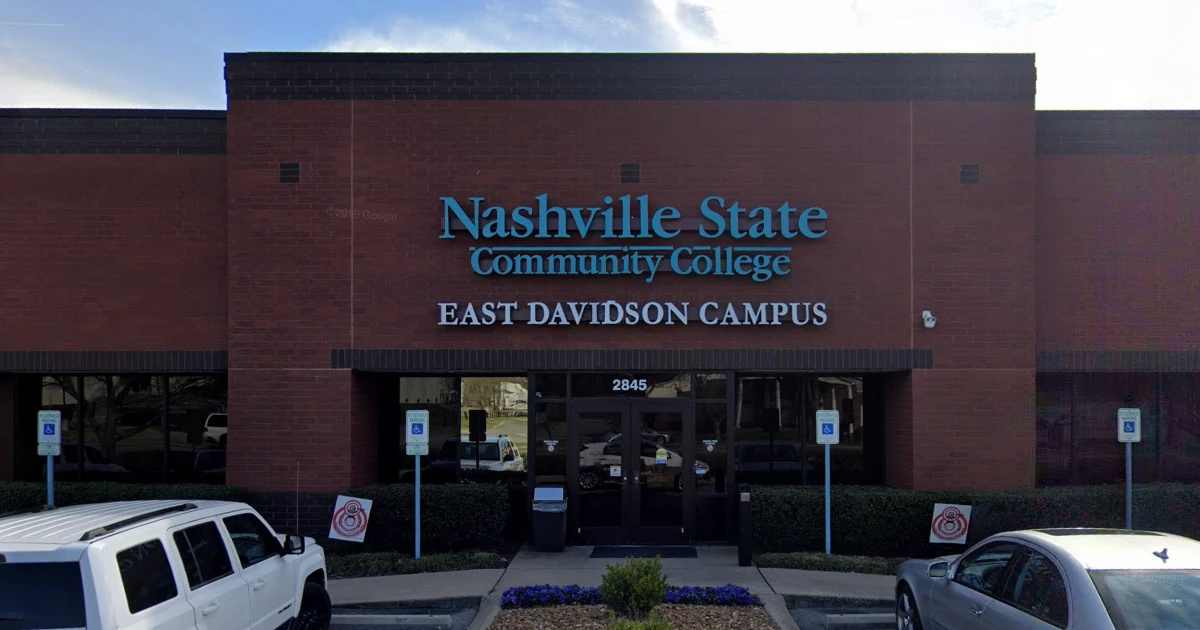By: JC Bowman, TriStar Daily Contributing Education Editor
As inflation continues to challenge American households, the financial burden of higher education weighs heavily on many students and their families. In this landscape, community colleges emerge as a beacon of hope, offering affordable pathways to education and career opportunities.
WalletHub’s recent report on the best and worst community colleges highlights this essential role, showcasing institutions that provide quality education at a fraction of the cost of traditional four-year universities. Tennessee finished 17th in the WalletHub study.
With the cost of attending a community college nearly three times less than that of a public four-year institution, these schools are not only accessible but also pivotal in addressing the urgent needs of today’s economy. WalletHub’s analysis of over 650 community colleges across 18 critical metrics, including tuition, graduation rates, and student-faculty ratios, provides valuable insights for prospective students looking for viable educational options.
The top-ranked community colleges, such as State Technical College of Missouri and Manhattan Area Technical College, exemplify the successful balance between affordability and quality education. They serve as models for how community colleges can effectively engage students while preparing them for the workforce or further academic pursuits. The findings underscore the importance of these institutions in a time when many families are reconsidering their educational investments due to economic pressures.
The potential benefits of community colleges extend beyond mere cost savings. As Chip Lupo, a WalletHub analyst, notes, these colleges can transform lives by offering enriching learning experiences, robust employment services, and the acknowledgment of life experiences as valid learning opportunities. This holistic approach helps students navigate the complexities of their educational and career pathways.
However, discussions around community colleges often raise critical questions about their role in the broader educational ecosystem. Should these institutions primarily focus on preparing students for immediate employment through career and technical education, or should they also emphasize transfer pathways to four-year colleges? The answer is not a simple one. As Dr. Rene S. Parmar points out, students arrive at community colleges with diverse goals and aspirations, and programs must be tailored to accommodate these varying needs.
This sentiment is echoed by Dr. Marybeth Gasman, who argues that community colleges should cater to both workforce readiness and academic transfer, creating a variety of clear and well-designed pathways for students. Such flexibility is essential in a rapidly changing job market where students’ goals can evolve over time.
Looking ahead to 2025, the outlook for community colleges is mixed. While they have been called upon to address local and regional workforce needs and close equity gaps, they face significant challenges, including potential federal funding cuts and budget constraints at the state level. Dr. Daniel A. Collier warns that higher education often bears the brunt of financial limitations, which could hinder community colleges’ ability to innovate and serve their communities effectively.
Despite these challenges, the resilience and adaptability of community colleges remain a source of optimism. They continue to emerge as vital institutions of equity and opportunity, fostering an environment where students can thrive academically and professionally. As ongoing discussions about tuition-free community college gain traction, it is crucial to consider the implications of such policies on student engagement and commitment. While making education accessible is paramount, ensuring that students value their investment in their education is equally important.
As we navigate an increasingly complex economic landscape, community colleges stand out as essential players in the pursuit of affordable education. They not only provide a pathway to academic success but also serve as crucial support systems for students seeking to overcome financial barriers.
By continuing to innovate and adapt to the needs of their communities, these institutions can pave the way for a brighter future for countless Americans. The community college system is a worthwhile investment for the state.
JC Bowman is the executive director of Professional Educators of Tennessee and contributing education editor of TriStar Daily.















